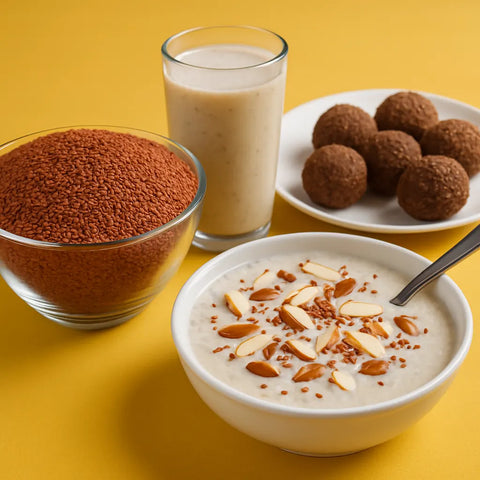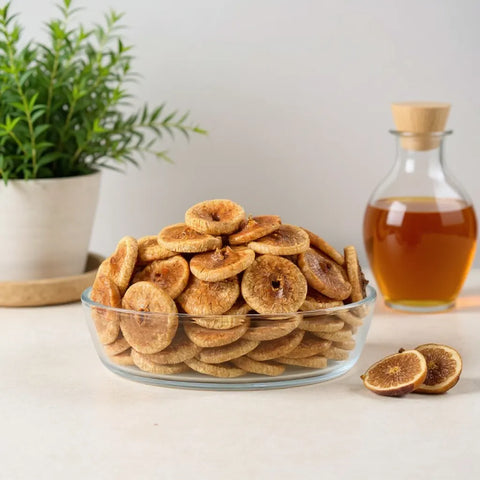Ashali is a lesser-known super seed that has been used in Ayurveda and traditional Indian kitchens for a long time. It is also known by names Halim seeds, garden cress seeds, and Lepidium sativum. These little reddish-brown seeds are becoming more and more well-liked as a natural cure for a variety of contemporary health issues because of their high nutritional content and therapeutic potential.
Ayurvedic Properties of Ashali
Ashali is valued in Ayurveda for its Deepana (digestive stimulant), Vrishya (aphrodisiac), and Balya (strength-promoting) qualities. Because of its "hot potency," or Ushna Veerya, it is perfect for balancing the Vata and Kapha doshas. Ayurvedic texts frequently suggest these seeds for:
-
Increasing energy and stamina
-
Promoting the health of the reproductive system
-
Improving the digestive system
-
Controlling inflammation and joint pain
-
Increasing the immune system
Health Benefits of Ashali
Ashali seeds are a rich source of:
- Iron and folate – Supports anaemia prevention
- Calcium and magnesium – Strengthen bones
- Protein and fibre – Aid digestion and support muscle repair
-
Alkaloids and glucosinolates – Detoxifying and anti-inflammatory
They are particularly beneficial for women’s health, especially during pregnancy, lactation, and post-partum recovery.
Indian Kitchens' Customary Uses of Halim Seeds in Cooking
In Indian homes, halim seeds, also known as ashali, have long been valued for their nutritional value as well as their use as a functional food in traditional medicine. Made with ghee, jaggery, and dry fruits, Halim laddoos are one of the most well-liked preparations and are frequently given to new mothers as a strength and healing aid. For a hearty, iron-rich meal, soaked halim seeds are also added to warm kheer or porridge that is flavoured with milk and cardamom.
To improve immunity and digestion, many families make spiced Halim water and drink it on an empty stomach. These seeds are also frequently added to herbal Ayurvedic decoctions and tonics, particularly to promote digestive and respiratory health. This long-standing culinary custom demonstrates how Halim seeds harmoniously meld flavour and health.
A Simple Recipe: Halim Seeds Kheer (Garden Cress Sweet Porridge)
Ingredients:
-
2 tablespoons Palm Tree Halim seeds (Ashali)
-
2 cups milk
-
1 tablespoon jaggery or palm sugar
-
1 tablespoon ghee
-
¼ teaspoon cardamom powder
-
A few chopped almonds or cashews
How to make:
-
Soak Halim seeds in warm water for 2–3 hours. They will swell and become gelatinous.
-
Heat ghee in a pan
-
Add soaked Halim seeds and sauté gently.
-
Add milk and let it simmer for ten minutes.
-
Stir in jaggery and cardamom powder. Mix well.
-
Garnish with chopped nuts and serve warm.
This nutrient-rich kheer is perfect for breakfast or as a wholesome evening snack, especially for women and children.
Ashali (Halim / garden cress seeds) is a nutritious powerhouse that works well with both our traditional food culture and our current health needs. Whether you want to increase your iron levels, improve digestion, or simply enjoy a warm, beneficial dish, Palm Tree Halim seeds provide purity, potency, and nourishment in every spoonful.











